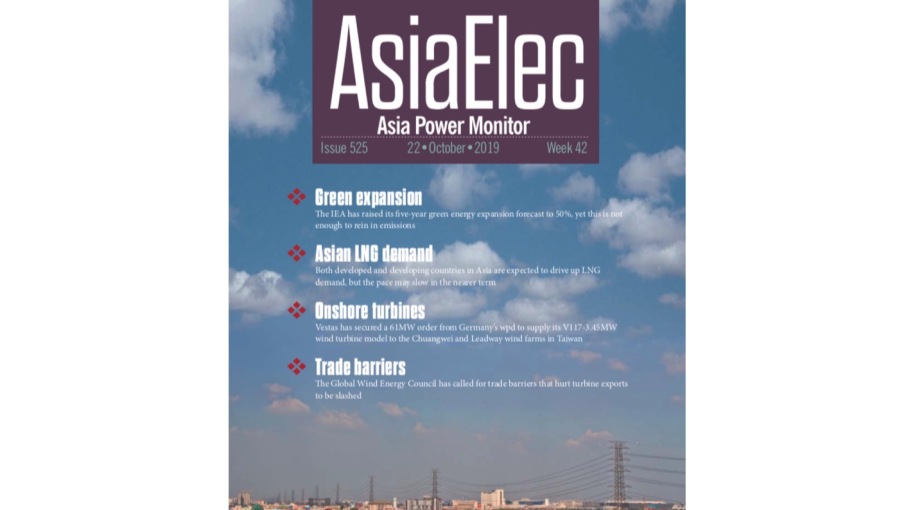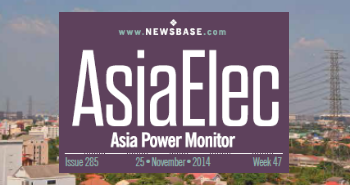AsiaElec: New coal supply issues hit India

Just days after Indonesia permitted exports of coal to resume, leading the wider coal-dependent Asian region to breathe a sigh of relief, energy generation plants in some of the more remote areas of India now face new struggles to secure reliable supplies.
This is proving increasingly problematic for plants located further away from domestic coal mines as the state-run Indian Railways looks to post despatch figures proving deliveries of coal are back to normal.
It is not the first time Indian Railways has been accused of ‘bias’, however, with similar issues occurring at the end of summer, 2021, although it is believed to be the first example of the busiest rail network in the world labelling some of the more remote drop-offs as ‘foreign’ in a bid to restrict deliveries.
In response to some of India’s private power suppliers highlighting the problems they are facing with regional rail networks, the Ministry of Power in New Delhi launched an investigation asking Indian Railways for information of remedial action being taken to alleviate issues in areas with seemingly less frequent deliveries.
One case in point is the Maharashtra Amaravati power generation plant operated by Rattan India Power, which last week closed down one of its units as a result of lack of supply in the south-east central rail zone (SECR).
Responding to calls from industry and the Ministry of Power, the Ministry of Railways this week released details on how it intends to help build stocks at remote power stations, referring to the case in Maharashtra by stating “These reports have claimed that the power plant operated by Rattan India Power Ltd in Maharashtra has also been shut down due to [a] coal shortage resulting from insufficient rake allotment by SECR. Dismissing these misleading media reports, the Ministry of Railways has issued a clarification” following up with “In South-East central railways, there are a large number of thermal power plants [TPPs] which have less coal stock as per new coal stocking norms. Many of these shorter-distance plants have both mechanised unloading flexibility, namely the ‘Tippler unloading system’, which uses an open wagon with side door (BOXN type) and ‘Hopper unloading System’, which uses hopper wagon with bottom opening (BOBRN type)” in what some have seen as an apparent bid to attribute any problems to rake loading and unloading methods as opposed to any previously claimed bias in allocations.
The usage of the term ‘foreign’ was then said to refer to any coal deliveries moving outside home rail zones where supplies are typically prioritised.
In the case of the Amravati plant, the lack of a hopper unloading system was seemingly the reason behind the lack of coal at the site; “The unloading time of hopper rake is much less, i.e., three hours per rake, therefore has better turn around. As a result, rake supply to these shorter-distance plants dealing with faster circuit Hopper rake naturally improves,” Indian Railways said.
In India’s south-eastern state of Tamil Nadu, meanwhile, a trio of coal power plants are expected to remain starved of fuel as they near completion.
In information released by the the Tamil Nadu Generation and Distribution Corporation (TANGEDCO) – the region’s state-owned electricity producer – both Central and State government help has been requested in guaranteeing supplies after a five-year coal excavation period had expired on the back of administrative delays by the central government.
According to a senior TANGEDCO official, “The three new thermal stations, with a total generation capacity of 3,440 MW, will need at least 30,000 to 40,000 tonnes of additional coal every day,” even if the 2016-2021 excavation agreement has now passed.
As a result, TANGEDCO is now having to source supplies from private companies, although the possibility remains open that the regional energy supplier may be able to seek an extension on its mining agreement due to an initial delay in clearance by India’s Ministry of Environment, Forest and Climate Change (MoEFCC). “If the Centre doesn’t approve (the Chandrabilla) coal block quickly, TANGEDCO will have to purchase the fuel from private entities”, a spokesperson for the company said.


Follow us online